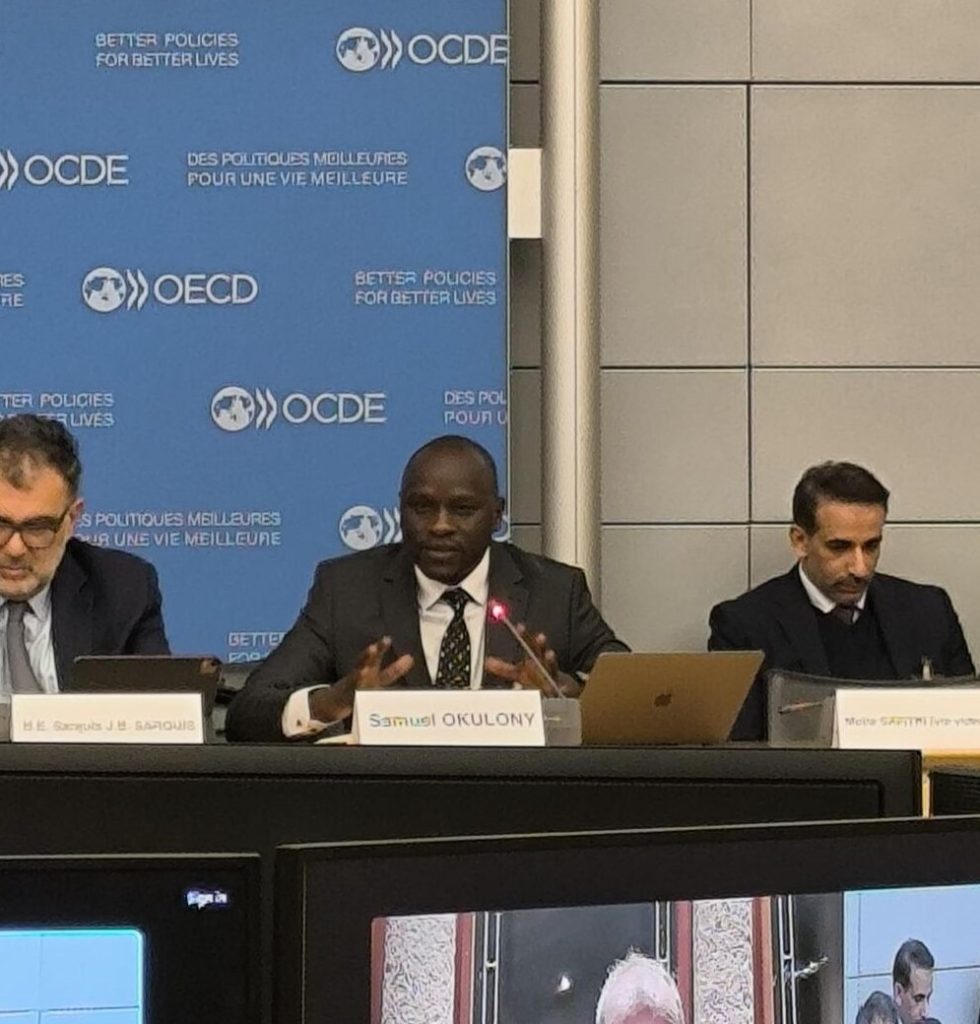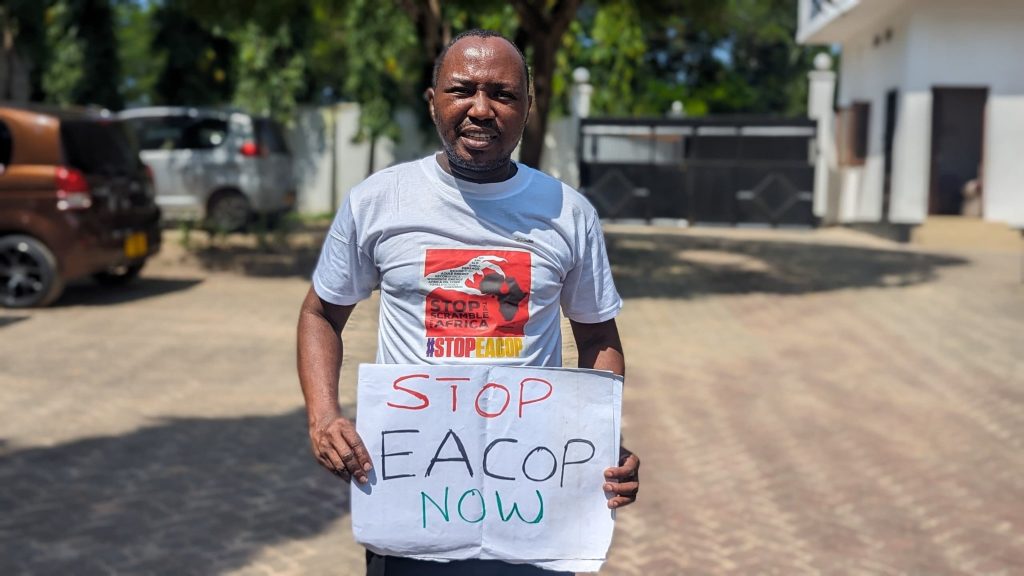The East African Crude Oil Pipeline (EACOP) is one of the biggest and most talked about projects in East Africa. Stretching 1,443 kilometers from Uganda’s oil fields to Tanzania’s Tanga Port, it aims to transport crude oil across the region for global markets. While the project promises to bring economic growth and jobs, it has also sparked strong opposition from environmental groups, local communities and activists who argue that it will cause more harm than good.
The debate is not just about the future of oil in East Africa, but also about how the region should grow and develop. Will the pipeline really improve the lives of people in Uganda, Tanzania and other East African countries? Or will it increase inequality, worsen climate change and divide the region? This is the question many are asking as the project continues to move forward.
Uganda’s Struggles
In a recent discussion with climate and human rights advocates, key concerns about the pipeline came up. Samuel Okulony from Uganda and Richard Senkondo from Tanzania shared their thoughts on the damage the project could cause to the environment and local communities. They called the pipeline a “time bomb”, a dangerous project that could bring more harm than benefits.
Okulony, who is the CEO of the Environment Governance Institute (EGI) and also works with communities affected by oil and gas projects in Uganda, is particularly concerned about the pipeline’s route through the Tilenga oil fields and the Kingfisher project near Lake Albert. These areas are not just important for oil, they are home to vulnerable communities who rely on the land for their survival.
The pipeline is not only displacing families but also deepening the region’s climate crisis. Okulony stresses that Uganda and Tanzania are already feeling the effects of climate change, mudslides, floods and heatwaves are everyday realities. “This project is set to make things worse. It is going to contribute more to climate change at a time when we need to be finding solutions, not worsening the problem,” he says.

Tanzania’s Struggles
In Tanzania, the situation is just as dreadful. Richard Senkondo, Executive Director Organization for Community Engagement (OCE) and a climate justice advocate from Tanzania, describes the pipeline as a “bomb” waiting to explode. He points to the destruction of mangrove forests along the coastline where the pipeline will terminate and the displacement of over 80,000 people in rural areas. These communities, he says, are being forced off their ancestral land without adequate compensation or support.
The pipeline cuts through critical ecosystems that are vital for both the environment and local communities. “These mangrove forests are essential for protecting our coastlines from erosion and are home to many species but the oil project threatens to destroy all of that,” he says.
Senkondo also highlights the broader impact of the project on global climate goals. “This pipeline will produce more carbon emissions than both Uganda and Tanzania combined. It is a project that undermines our efforts to address climate change and leads to more debt for our countries,” he warns.

Concerns on Regional Unity
What is most concerning for the activists is not just the environmental damage or human rights violations but how the pipeline is affecting regional unity. Originally seen as a collaborative effort between Uganda, Tanzania and Kenya, the pipeline has instead revealed deep divisions within the region.
“There was more unity before the pipeline project, now each country looking out for its own interests. Uganda and Tanzania are left with the burden, while the benefits largely go to foreign companies like Total Energies.” says Okulony.
The project, which passes through the shared Lake Victoria Basin, also raises concerns about the potential for cross border disputes in the event of an oil spill. “Any spill would impact the whole region, but the countries involved are not even discussing how to address these risks,” he adds.
Even more worrying is the tension between the three East African nations. Kenya, which initially backed the project, has now opted out, leaving Uganda and Tanzania to carry the burden. Okulony believes the lack of regional collaboration is a missed opportunity for sustainable development. “Instead of uniting the region, the pipeline is driving us apart,” he says.
What alternatives exist? Can we imagine a just energy transition in East Africa without projects like EACOP?
While the EACOP project continues to move forward, many believe that East Africa’s future lies not in fossil fuels but in renewable energy. Baraka Machumu, a Tanzanian Environmental, Land & Climate Justice Defender, points to the region’s vast solar potential as a key solution. “Tanzania has more than 3,000 hours of sunshine per year. If just a fraction of that solar potential was harnessed, we could power every village and small business. Investing in renewables would not only provide cleaner energy, it would provide more jobs, more ownership and more resilience.” he says.

Investing in solar energy, wind power and other renewable sources would not only reduce the region’s reliance on fossil fuels but also create jobs and improve energy access for local communities. According to Machumu, the benefits of a decentralized renewable energy system far outweigh the temporary gains promised by the EACOP project. “Renewable energy could create millions of jobs, while the pipeline is only expected to create a few thousand, most of which will disappear after construction,” he explains.
Okulony agrees, adding that the shift to renewable energy is already happening globally. “If we continue down the fossil fuel path, we will be left behind. The future is in renewable energy and East Africa is perfectly positioned to lead the way,” he says.
So What is the role of youth and civil society in shaping that future?
The #StopEACOP campaign is gaining traction and more East Africans are speaking out against the project. “The youth need to take charge of their future. We have the energy, we have the knowledge and we have the power to demand a better, more sustainable future,” Okulony urges.
Catch the full discussion from the Twitter Space here:






